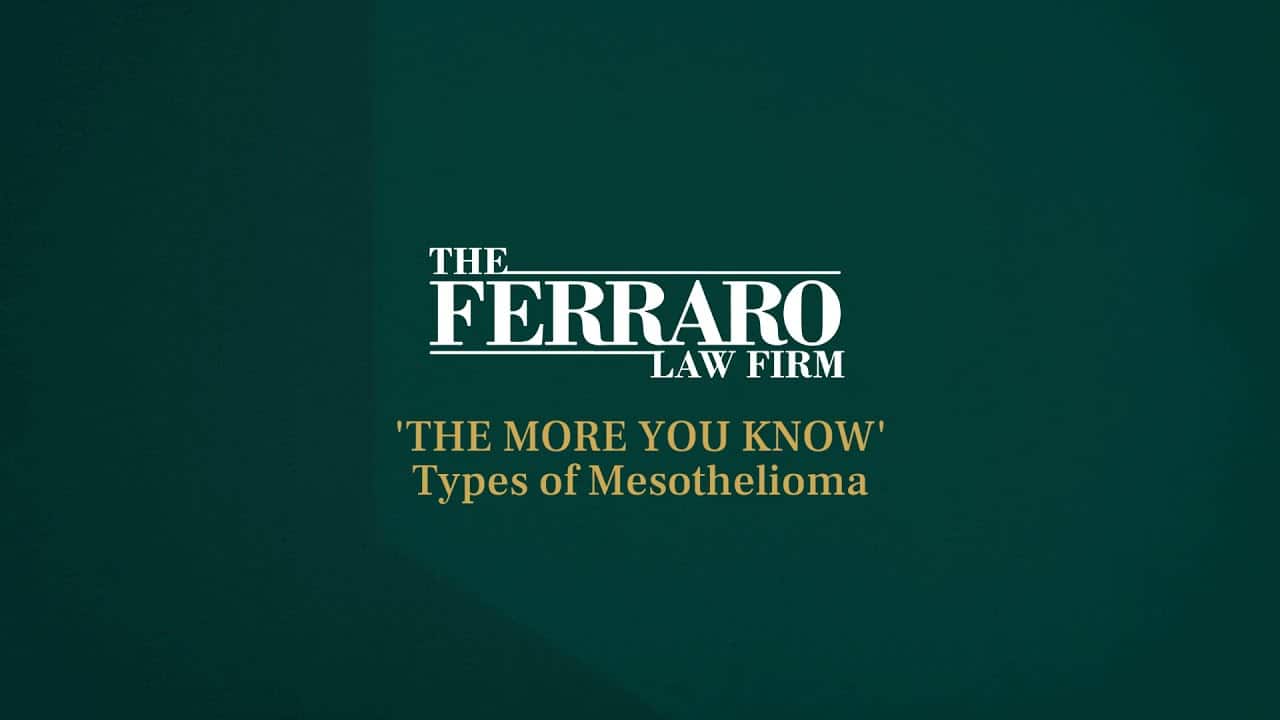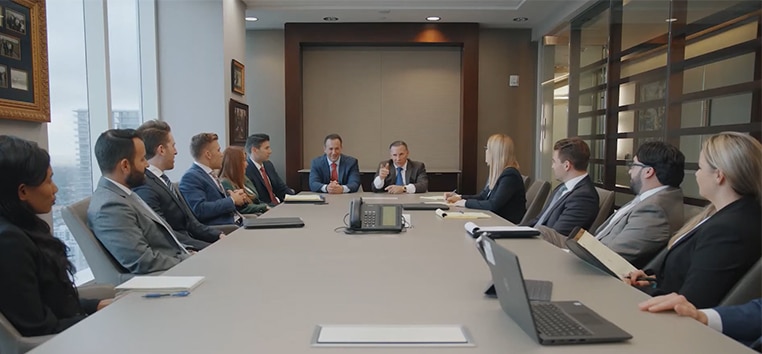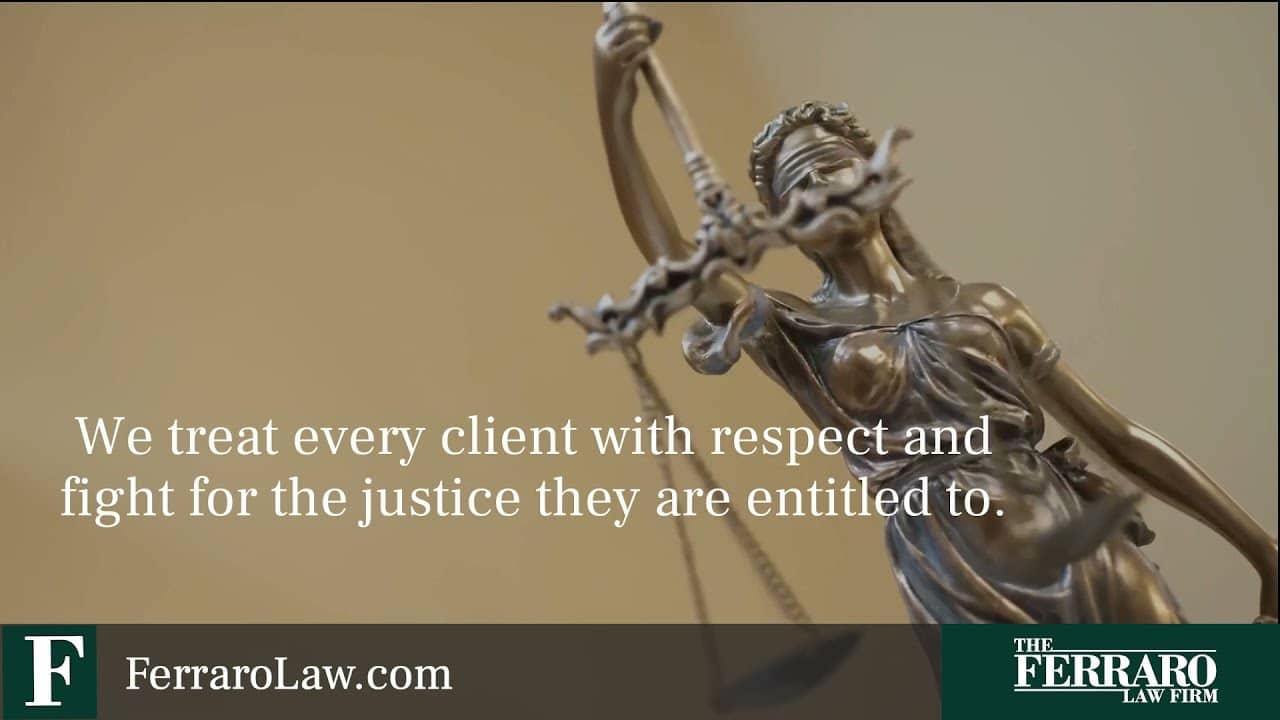If you were seriously injured, remember that it is crucial to choose the right law firm to represent your interests. We have been doing this for more than three decades, and have the resources you need to challenge any opponent.
Proving Damages in California Asbestos Cases- Soto v. Bargwarner Morse Tec Inc.

In an asbestos exposure case, there may be several types of damages available, including wrongful death damages, punitive damages, and non-economic damages. The plaintiff must, however, be entitled to recover as a result of the injury. Additionally, the plaintiff must present the appropriate evidence at trial. Failure to do so could result in a reversal of the award, as occurred in the recent California case of Soto v. Bargwarner Morse Tec, Inc.
A man who had contracted mesothelioma filed suit against a number of defendants. After his death, his estate, his daughters, and his great-grandson pursued claims for negligence, strict liability, and wrongful death. Their claims against one of the defendants went to trial.
The defendant was the successor of a company that had manufactured automobile clutches it sold to General Motors. The decedent worked for GM for nearly 30 years, as a painter and a security guard. There was testimony regarding the decedent’s exposure during his employment.
The court granted a defense motion for partial nonsuit as to the great-grandson’s claims, finding that he lacked standing to bring a wrongful death case under California law. The other claims went to the jury, and the jury found that the defendant’s negligence was a substantial factor in causing the man’s death, allocating 35% of the fault to the defendant. The jury awarded $60,000 to the estate and $130,455.70 to each of the man’s daughters for economic damages, as well as $2 million to each daughter for non-economic damages. The jury also awarded the estate $32.5 million in punitive damages. The parties filed several appeals.
Wrongful Death
The great-grandson appealed the nonsuit, arguing he was eligible to file a wrongful death claim under the wrongful death statute because he had shown that he was dependent on his great-grandfather for at least half of his support. In California, the relevant section of the statute allows a minor who lived in the decedent’s household for the previous 180 days and depended on the decedent for at least half of the minor’s support to bring a wrongful death claim. California Code of Civil Procedure § 377.60.
The child’s mother testified that her family moved in to keep her grandfather company, not because they needed financial support. The decedent stopped accepting rent and paid for nearly all of the utilities. He sometimes dropped the child off at school and always picked him up. The decedent also watched the child on the two days per week he was not in school and when the parents worked in the evenings.
After the decedent’s death, his granddaughter and her husband bought a house and had another baby. The granddaughter testified she would not have been able to buy the home or pay for private school for her son if her grandfather had not helped, but she and her husband were able to meet the boy’s financial needs.
The appeals court found that the great-grandson did not rely on the decedent for support. The testimony indicated that the decedent’s contributions allowed his great-grandson, along with his granddaughter and her husband, to have certain “niceties” they might not otherwise have been able to afford. Nothing in the evidence suggested that the child’s parents were unable to meet his financial needs, such as food, housing, and clothing. The appeals court therefore affirmed the nonsuit.
Punitive Damages
The defendant appealed the punitive damages award. Since punitive damages are intended as a punishment of the defendant, the jury must have some evidence of the defendant’s financial condition. California Civil Code § 3295 sets forth the procedure for obtaining a court order for the defendant’s records, but the plaintiff may also obtain the records through a subpoena or stipulation. Additionally, the plaintiff may wait until liability is established before requesting a court order, although the court has discretion to deny this request.
California courts do not require a specific type of financial evidence, but earnings or profit are insufficient without evidence of the defendant’s liabilities. The only evidence of the defendant’s financial condition was presented by the plaintiff’s expert. His analysis was based on publicly available financial statements of the defendant’s parent company. He also testified about the defendant’s revenue stream. Since the evidence focused on revenue without any information as to liabilities or expenses, the appeals court found that “meaningful evidence” of the defendant’s financial condition had not been presented and reversed the punitive damages award.
Non-economic Damages
The defendant also appealed the non-economic damages award. There was significant evidence presented regarding the decedent’s decline in health. The defendant objected and even moved for a mistrial, but the court denied the motion. The defendant then objected to the introduction of specific testimony, arguing that the decedent’s pain and suffering was not relevant until the punitive damages stage of the trial, but the court allowed the testimony involving caring for the decedent. The decedent’s daughters also testified about their relationships with their father and the effect of his death.
The trial court, however, instructed the jury not to consider the plaintiff’s grief or the decedent’s pain and suffering in awarding non-economic damages. Absent evidence otherwise, the appeals court presumed the jury followed the instructions given. The court also found that the evidence supported the amount of the award and affirmed the non-economic damages award.
Allocation
The plaintiffs appealed the allocation of 25% of the fault to the decedent’s previous employer, arguing there was no substantial evidence that the decedent had been exposed to asbestos through that employment or that the previous employer was negligent. Although evidence that the decedent could have been exposed was not sufficient, the court found other evidence to support the allocation. The decedent had testified that he was exposed to dust when coworkers removed and replaced thermal insulation. There was testimony that there was asbestos in the plant. Additionally, there was testimony that most thermal insulating products used at the time in question contained asbestos and that cleaning up the dust from asbestos-containing insulation could contribute to the risk of mesothelioma.
The appeals court also rejected the plaintiff’s argument that the defendant had failed to show the previous employer was at fault for the injury. To support allocation to another party, the defendant must show that the aggregated dose of asbestos from that employer was a substantial factor in causing the injury. The court found there was sufficient evidence here and affirmed the allocation.
Our experienced mesothelioma attorneys understand how to prove all types of damages available in a case involving mesothelioma.
Table of Contents
Frequently Asked Questions: Mesothelioma & Asbestos
What is asbestos?
Why is asbestos dangerous?
What are asbestos-related diseases?
What causes mesothelioma?
What are the different types of mesothelioma?
What are common mesothelioma symptoms?
Do I qualify for compensation if I have mesothelioma?
What is the life expectancy for someone with mesothelioma?
Do I qualify for compensation if I have mesothelioma?
Help for mesothelioma victims can be found at The Ferraro Law Firm by calling (888) 554-2030. Offices in Miami and Washington, D.C.
Contact The Ferraro Law Firm at (305) 375-0111 to explore your legal options with our knowledgeable legal team.






